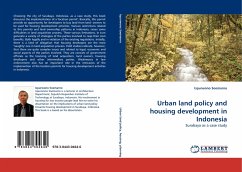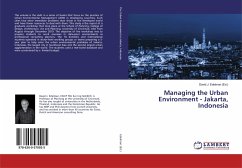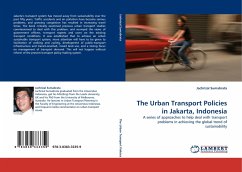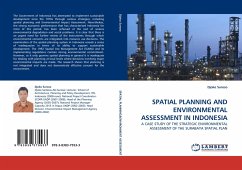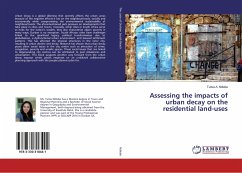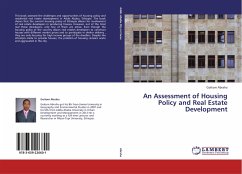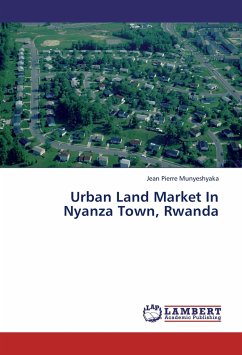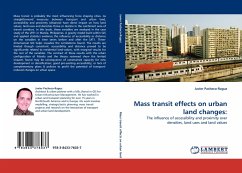Choosing the city of Surabaya, Indonesia, as a case study, this book discusses the implementation of a 'location permit'. Basically, this permit provide an opportunity for developers to buy land from land- owners to be used for housing development activities. Various restrictions related to this permits and land ownership patterns in Indonesia, raises some difficulties in land acquisition process. These various limitations, in turn generate a variety of strategies of the parties involved to reap their own benefits. Both legally and in violation of the existing regulations. Initially, there is a kind of allegation that housing developers are the most 'naughty' one in land acquisition process. Field studies indicate, however, that there are quite complex issues and related to legal, economic and social aspects of the parties involved. They are consists of government officials as the licensing of land acquisition, land owners, housing developers and other intermediary parties. Weaknesses in law enforcement also has an important role in the intricacies of the implemention of the location permits for housing development activities in Indonesia.
Bitte wählen Sie Ihr Anliegen aus.
Rechnungen
Retourenschein anfordern
Bestellstatus
Storno

